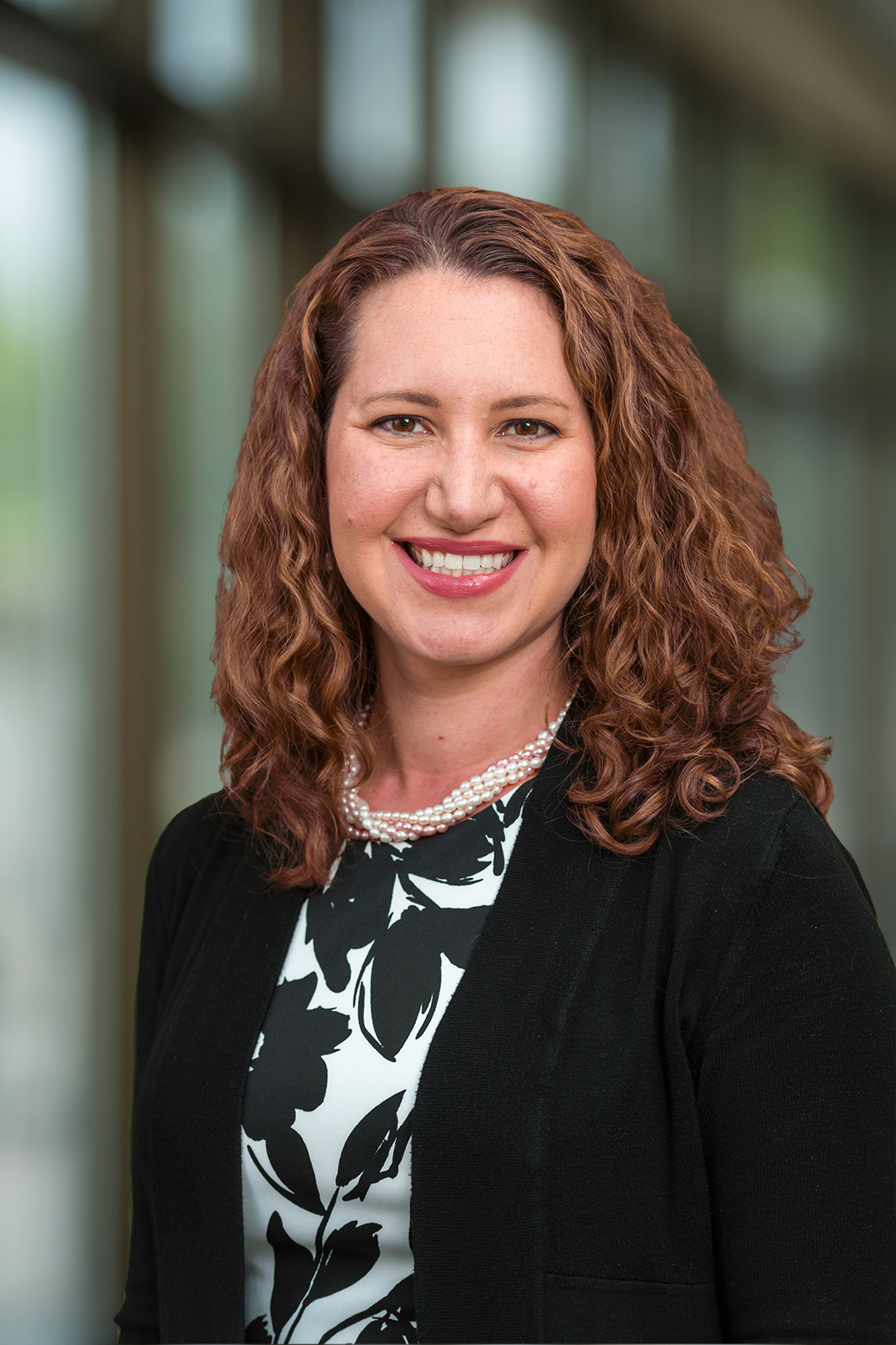Find the original article here.
by Heather Schultz, M.D., Clinical Assistant Professor in Psychiatry

I woke up this morning to a flood of ballerina pink emails for Breast Cancer Awareness Month. The irony was not lost on me as I rolled over in bed, protecting my body from the healing scars of where my breasts used to be. “I don’t even like pink,” I muttered to myself, while swallowing feelings of guilt. I shifted my mind to focus on gratitude … for awareness of breast cancer, encouragement of women to get screening mammograms, and fundraising for research. And yet, as a 41-year-old physician, I am often struck by how little I knew about breast cancer until my own boob tried to murder me.
Sure, I understood the importance of screening mammograms and breast self-exams. But I also knew that I, a Peloton-addicted vegetarian who had breastfed three children, must be immune from breast cancer. In medicine, we often think in terms of risk and family history, and there just weren’t boxes to check that would have prepared me for what was to come.
First, there was the unexplained nipple discharge a few days after I turned 41. I tried not to panic, but I also knew I needed answers quickly. Four days later, at my first mammogram, I was haunted by the cold machine that took images for hours. I still shiver thinking about how vulnerable and frightened I felt. My radiology report included a new term to me: “BI-RADS 5,” which a few Google searches revealed meant “definitely cancer.”
When I was diagnosed with breast cancer, it felt as though everything I knew was turned on its head. My perceived perception of perfect health vanished in an instant. After my biopsy, I stuffed an ice pack in my bra and went back to work, seeing patients. Maybe if I continued as if everything were the same, it would be? But alas, the cancer was all too real, and the old healthy me was seemingly gone in an instant.
I remember being so confused when friends called me a “warrior” and told me to “kick cancer’s ass.” I knew they loved me and were being encouraging. But I was very scared and certainly had no clue how to become a warrior. I just felt immense pressure as my calendar was quickly filling up with medical appointments and heavy decisions. After my biopsy, there was genetic counseling, meetings with breast and plastic surgeons, and the decision to have a bilateral mastectomy followed by reconstruction. “Your new boobs will be even more amazing,” friends said. When they ask if I’m happy with the results, I’m not sure how to tell them that my numb chest now feels like someone else’s body.
Early detection absolutely saves lives. For me, it also led to a summer of chemotherapy (not fun), monthly injections to suppress my ovaries (hello, instant menopause), and daily medications to prevent the cancer from recurring (also not fun). I can’t wear a pink tutu and proudly announce that I beat cancer, because the truth is more complex and somewhat gritty. I will be fighting for years to come and hoping that the scary dark shadow of cancer recurrence isn’t lurking over my shoulder.
This month, I will celebrate the lives of breast cancer survivors like myself. But instead of tying up their narrative with a pink bow, I acknowledge the complex tapestry of ups and downs that accompany cancer treatment. And if I must wear a tutu, please make mine black.




